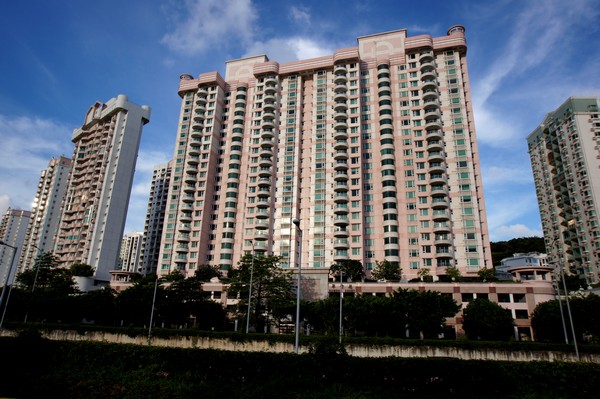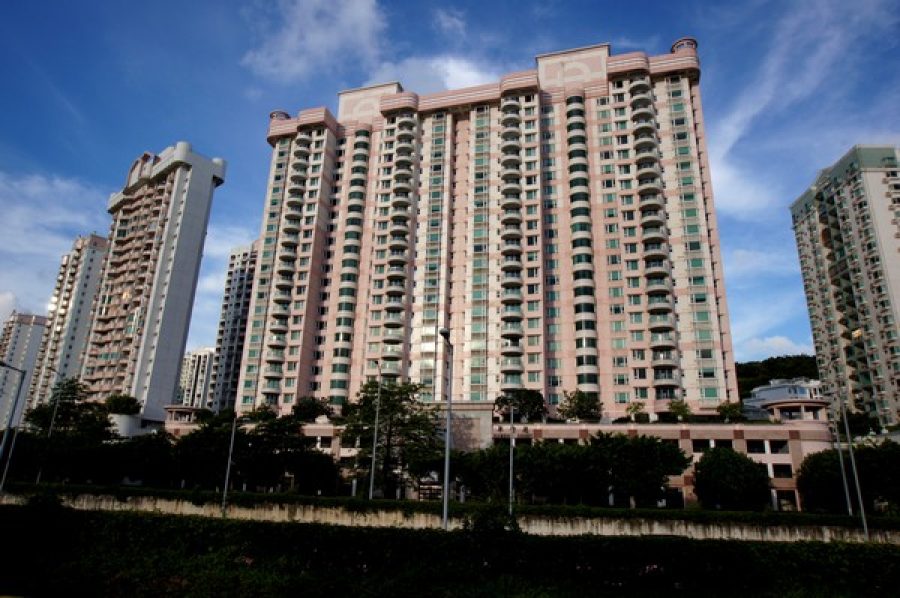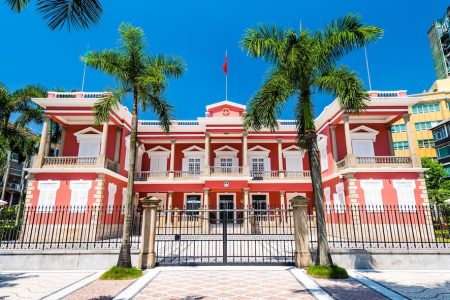Lawmakers passed on Thursday, the outline of an amendment bill regulating rental agreements which proposes that the chief executive will be given the right to adjust a coefficient to determine maximum rent increases, based on a raft of factors such as consumer price inflation and the “real” situation of the property market.
During the plenum in the legislative hemicycle, several lawmakers raised their concerns that the proposed changes would affect the city’s free-market economy and doubted the bill’s effectiveness in tackling the city’s rental problems.
Nevertheless, the bill, which was jointly proposed by nine lawmakers, received the backing of 28 lawmakers among the 29 who voted. Government-appointed lawmaker-cum-developer Fong Chi Keong abstained.
The legislature has 33 lawmakers. As is customary, the legislature’s speaker Ho Iat Seng refrained to voting.
Directly-elected lawmaker Song Pek Kei, one of the nine proponents of the bill, said that many issues were affecting the city’s rental market such as unaffordable rents and some tenants refusing to move although their rental agreement has ended.
“Such problems are the result of a lack of supervision of the rental market,” Song, a key member of the local Fujianese community, said, adding that the current rental market regulations should be improved to meet the needs of civil society, and thus she and the other eight lawmakers jointly proposed the bill.
Rental agreements are currently regulated by the Civil Code, which does not include any rent control measures.
Song also said the bill proposes a coefficient-based mechanism to ensure “reasonable” rent increases for residential, commercial and industrial units when rental agreements are up for renewal, adding that the bill also proposes an arbitration system for rental disputes.
She also said that Chief Executive Fernando Chui Sai On agreed with the bill.
According to regulations, any bill proposed by lawmakers which are related to government policies must obtain the prior agreement of the chief executive.
Several lawmakers from the business sector including Fong, Andrew Chan Chak Mo and Tsui Wai Kwan said they worried that the bill might undermine the city’s free-market economy.
Chan said many cases showed that there are more disadvantages than advantages in implementing rental control measures, adding that rents have recently decreased a lot. He mentioned as an example a lease that dropped from 300,000 patacas per month to 150,000 patacas.
Fong and Tsui said they believe that even if a rental control mechanism is implemented it could not do much to solve disputes between landlords and tenants.
However, fellow proponent Kwan Tsui Hang said that most residents and SMEs were unable to afford the city’s “ever rising” rents.
“If there is no measure in place to ensure that rents are increased reasonably … only the big enterprises will survive… and that will really harm the city’s economy,” Kwan, a veteran trade unionist, said, adding that the bill would not fix rental prices but just regulate the percentage they could be increased.
Fellow unionist Lam Heong Sang, who backed the bill, pointed out that regulatory mechanisms are in place in many free-market economies.
Some lawmakers also said that during the upcoming article-by-article review of the bill by a standing committee of the legislature, the way the legally allowed rent increases will be determined by an official coefficient should be treated with extra caution.
After its committee-level review, the bill will undergo a final article-by-article plenary vote.
(macaunews/macaupost)






